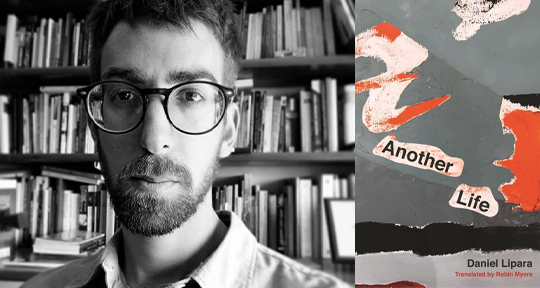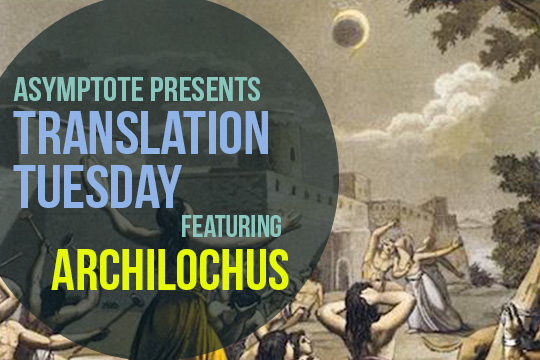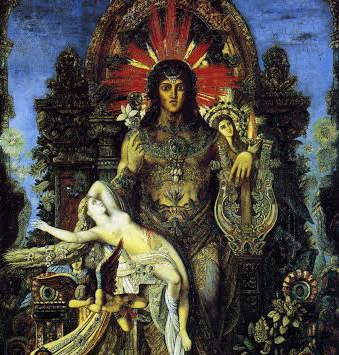With thirty-two countries and eighteen languages represented, our Summer 2025 issue is one of adventure, witness, intelligence, capaciousness, drama, mystery, and more. . . We are more dedicated than ever to this fundamentally compassionate work of building a truly global work of letters, which always starts with admiration and awe—so let our editors be your guide as they share the texts that most moved them from this rich compendium.
In what was deemed by both as a ‘never-ending conversation’, Hans Ulrich Obrist asked Alda Merini if she had any unrealised projects. ‘Yes, of course,’ she responded, ‘I never made love to whomever I wanted to, those are projects that went wrong. Those are real projects. We don’t care about the rest.’ Flippant as this may sound, Merini has only spoken what she has proved in a lifetime of tumultuous, searing, and unbounded poems—that love is her occupation. Love as carnal as it is psychic, as perverse as it is sublime, as unconscious as it is sensational, as much worship as it is despair—in her corpus one finds thoughts racing across topographies in search of adequate metaphor, insanity driving a pin through the core of idea, or the erotic body tingling to the point of immolation. . . To throw the self into love, it seems Merini knew what that truly means; she wasn’t afraid of being taken over by ardor because, after all, it could only have come from her. Love was her fuel, her flesh.
As it is in these poems from Emptied of Love, brought about by a. Monti’s soaring, musical translation. At the very first line, we hear her: ‘Space, give me space—more space’. In other poets this may be read as a plea, but in Merini’s voice, it’s a demand. And with it comes reminder of love’s lawlessness, that it gives us permission to pursue what we want, that it gives clarity to what we believe we deserve. Love makes one bold, she demonstrates, and even in its failures, you mourn boldly, expansively. And it is there, mostly in the devastations of love, where Merini exacts her power. The collection from which these pieces are taken, Vuoto d’amore, is a deeply painful one, full of unrequited affairs of the heart, grief, disappointments, madness. They are grand emotions, and the poet understands that their largesse is best met with simple diction—so it is in the syntactical that she renders her immersive, surprising language:
until the sea submerges
this feeble flesh of mine
and I lie exhausted
on you who becomes the beach
and I, becoming wave,
you strike and strike
with Love’s oar.




